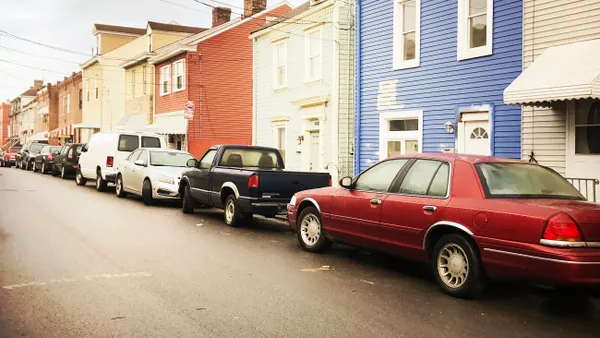UPDATED, April 16, 2019: US Ignite and ATIS have announced the completion of phase one of the Smart Cities Data Exchange framework, a project aimed at helping cities enhance data-sharing capabilities. Since its start in September 2018, eleven cities and eleven industry partners have joined the consortium.
The cities include: Austin, TX; Chattanooga, TN; Colorado Springs, CO; Washington, DC; Independence, OR; Kansas City, MO; Las Vegas; Portland, OR; San Diego; Virginia Beach, VA and Denver.
The industry partners include: AT&T; C Spire; Cisco; Fujitsu; Current by GE; inconectiv; Interdigital; Microsoft; Oracle; Qualcomm and Verizon.
During phase one, the consortium developed an implementation plan for the framework, which will detail the processes for gathering data from community development source systems; developing a pipeline for data transformation; merging data across communities and serving data through APIs. Moving forward, the group hopes to add more partners and produce a visual tool to assist cities in analyzing data.
Dive Brief:
- Nonprofit smart city accelerator US Ignite has teamed up with the Alliance for Telecommunications Industry Solutions (ATIS) on an initiative to help cities enhance their data-sharing capabilities.
- Participating cities will help US Ignite and ATIS develop a blueprint for securely sharing data with other cities, other levels of government, nonprofit partners and private sector partners. The two groups spearheading the initiative say this interoperability is necessary for cities to fully leverage the next level of smart city applications.
- The inaugural meeting for cities that want to be part of the data exchange initiative is on September 26, and work is expected to be completed by spring 2019. Cities of all sizes are invited to participate.
Dive Insight:
Smart city networks consist of a variety of elements including sensors, cameras, IoT-enabled devices and software platforms. Each city's system is designed differently to meet a unique set of needs. But the same core element lies at the heart of every smart city network: data.
Cities are gathering increasingly large amounts of data and still only use a portion of it. Municipal employees and technology developers continuously uncover new and more efficient ways to use that data. But the new data-sharing initiative is based on the tenet that cities cannot fully realize their potential with smart systems and gathered data if they keep that information siloed.
Cities continue to find ways to share ideas and pool resources to tackle problems as a region, but often data sharing is not part of the solution. A secure data-sharing framework opens the door to make leaders feel more comfortable about openly sharing this information.
Organizers believe that, besides just helping cities leverage new smart concepts, the initiative can produce ideas that help cities bridge the digital divide.
“Effective sharing of smart cities data can be a great equalizer for communities of different sizes, demographics, income levels and geography,” ATIS President and CEO Susan Miller said in a statement.











